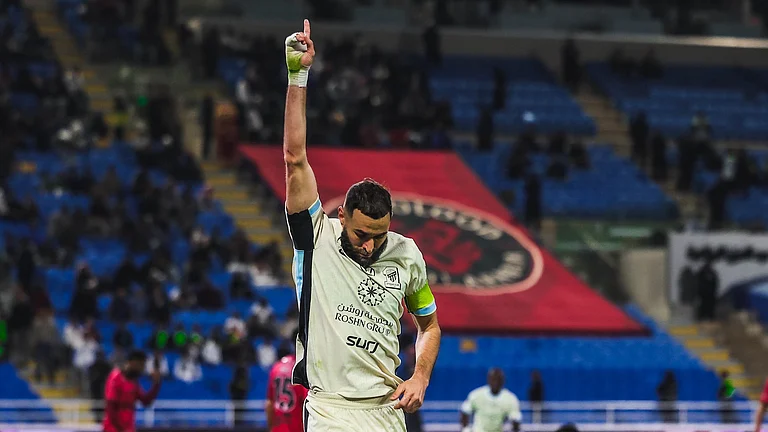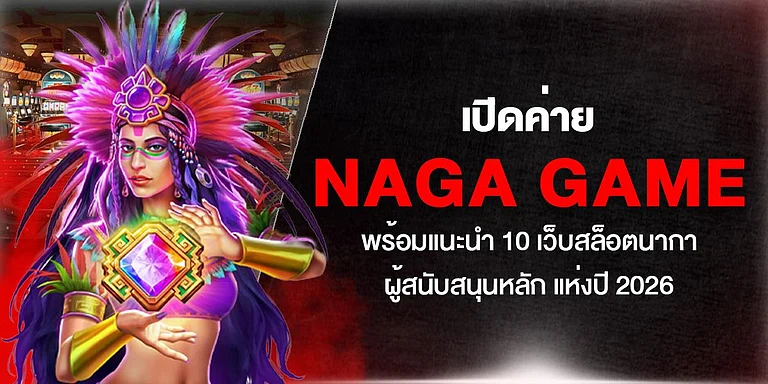The “rock star of yoga”, as BJP president Nitin Gadkari fawningly called him, has never sent my spirits on a roll. I hold no brief for his regressive politics either, even though I might agree with him on a point or two about corruption and black money. Yet, the midnight dandasana meted out to Baba Ramdev and his supporters by a high-handed establishment made me take a hard look at what we call our democracy. Democracy is not just rule by a party or coalition that is in majority; equally, it is the tolerance of criticism, adversarial opinion and peaceful protest.
In fact, directing criticism, adversarial argument and peaceful protest against the ruling dispensation are all legitimate means of persuasion and mobilisation in a democracy. Everyone—even a charlatan, or someone facing allegations of misconduct—is entitled to these democratic rights. It’s not just the UPA government, even the saffron-brigade supporters of Baba Ramdev, like the BJP and the RSS, need to imbibe this primary lesson of democracy and stop filing cases under sedition (or similarly repressive) laws against those espousing views antithetical to their own or critical of the actions of their governments. Be it Arundhati Roy or Binayak Sen.
How much of a democracy are we if our system demands or expects us to elect intolerant little despots and not democrats to run it for us for a fixed term? We have a central government that neither welcomes criticism—if it is not politically expedient—from the right nor from the left. Medha Patkar’s fast and her NBA’s dharna in 2006 were broken in the same kind of midnight swoop at Jantar Mantar as at Ramdev’s gathering at Ramlila Maidan. The establishment first tries to coopt, then it threatens, abuses and represses. If Ramdev is dubious, why first try to appease and placate him? Why make insinuations against Anna Hazare and his team if only to coopt them in a government committee for drafting the Lokpal Bill, and later threaten them when differences surface? As if democracy is a giant machine of manipulation and not of basic principles, repression being its ultimate weapon.
And to cap it all, the government’s self-styled boxwallah advisors in the media take the opportunity of the regime’s recent actions to express their utter intolerance of any alternative development strategy other than their own capital-centric one. Or to advise the ruling dispensation to stub out the National Advisory Committee (NAC), an institution of lateral consultation outside the system, parallel to the Economic Advisory Council (EAC) it has created for a similar purpose. The boxwallah argument against the so-called jholawala institution also distorts facts in saying that the NAC was the original sin in that it usurped the power of the executive to draft laws and Parliament to pass them. In fact, all legislative suggestions of the NAC, including the much-debated Food Security Bill, have been stalled by UPA-II even after drastic alterations by the cabinet. Even in UPA-I, only three NAC legislative suggestions—the NREGA, RTI and the Forest Rights Act—were partially accepted by the government and passed by Parliament after consultations in its committees and many amendments. The point here is the intolerance of even slightly alternative suggestions from informed citizens, even though most advanced democracies have legal mechanisms of lateral consultation, like public hearings, on drafting laws and making key appointments.
Talk of states and other political parties ruling them and you have a mirror image, and sometimes a more distorted one, of what is happening at the Centre. Chhattisgarh’s BJP government frames Binayak Sen under repressive laws, arms non-state actors like Salwa Judum and SPOs to kill people and forces a Gandhian activist, Himanshu Kumar, into exile. Narendra Modi frames activists and even police officers who objected to how his government dealt with the massacre of Muslims post-Godhra in false cases. Mayawati, who claims a Dalit icon status for herself, has her Bhatta Parsaul. Shivraj Chauhan’s saffron fellow travellers killed a professor in Ujjain with impunity. In Karnataka, Yediyurappa’s colleagues, the Reddy brothers, have a free, despotic run of Bellary, and the goons of Pramod Muthalik have the licence to thrash young lovers and Christians. In Maharashtra, the Shiv Sena, the MNS and the Congress-NCP compete with each other to harass outsiders and ban books. The less said about the treatment meted out to each other by the DMK and the AIADMK when they are in power the better. The NDA’s good governance in Bihar manipulates newspaper advertisements to rule out any criticism. In Andhra Pradesh, the regime of Chandrababu Naidu and YSR tried to top each other in false encounters, the present Congress government stumbles along the trail blazed by them. We are a democracy of despots all the way.


























